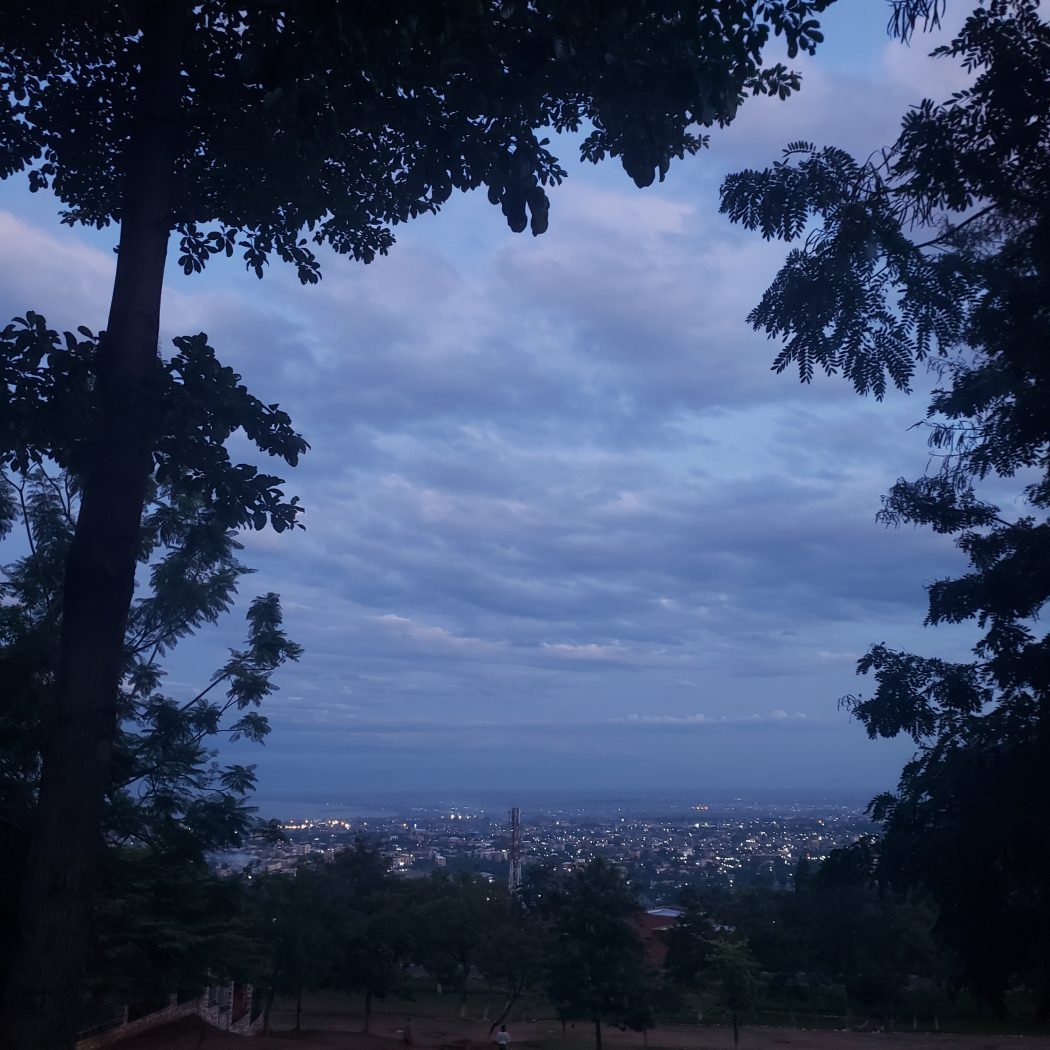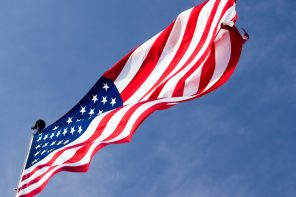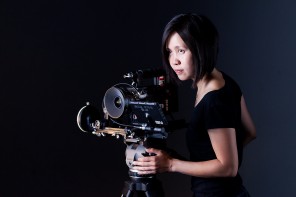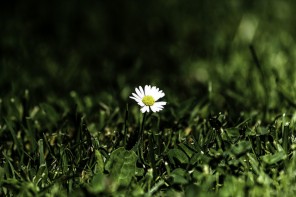“To the Doctor in Bujumbura’s Quarantine Hotel,” originally published by Off Assignment‘s Letter to a Stranger
I see you up close. You stand in front of me twice a day, and if we social-distanced, you couldn’t do your job, and I would never get out of here.
In the mornings, the omelet men knock, waking me. I slip my mask over my head and slide my feet halfway into my sneakers. Sleep still stuck in my eyes, I adjust my pajamas and hurry down the dark hallway. I like to reach the buffet table first, before the other 19 “guests” on my floor, before anyone can breathe on the plates. I collect eggs, white toast, and a teacup’s worth of coffee. I carry them back to my room, where I eat, and wait for you.
You’re eating too, of course. You sleep in a room identical to mine, a few doors down the hall. You never start your shift until we’ve had the chance to finish our breakfast, unhurriedly, like we might at home. I like to think this is premeditated kindness, but I also know you’re not in a hurry either. We are your job, and none of us in this old hotel—built, after the Belgians left, with all the optimism of independence, now worn of glory—is going anywhere.
Eventually you knock, and brandish a little white gun. You are mouth-masked, only eyes, so close they are legible. “Mwaramutse,” I say. Good morning, in your Kirundi. Those eyes say that you like the sound of your consonants lilting oddly in my mouth. I hear you make the same word but I can’t see your lips. Do you get a new mask each morning, or does yours also smell like a full week’s worth of human breath? Are those lake-blue scrubs like my pajamas—same as yesterday, same tomorrow? Or did you come prepared, with spares?
I step forward slightly, toeing the seam between the dirty beige carpet of my room and the dirty red carpet of the hallway, the great outdoors. I bow my head. You raise your gun to my forehead and pull the trigger. Its laser reads my body temperature but not my fear. The gun speaks Celsius, in a female voice. “Trente-quatre trois.” I am 34.3, around 93 degrees Fahrenheit, accused of being so cold I’m nearly dead.
Not yet, I want to say, but I’m humbled. She might one day be just as wrong, but in the other direction, igniting emergency. There hasn’t yet been a fever in the quarantine, and when I ask what would happen if there was, no one answers me.
I keep quiet and fold forward. We shoot me again. I feel like I’m waiting for a judge’s score on my performance. If I fall short, will there be mercy? I wonder where I’d be taken, if they would ask me who they should call.
36.5. You write it down.
How often do you think about the fact that we’re stuck here because, scientifically speaking, it’s possible that I could kill you?
I’m a “traveler coming from or through the United States,” one day too late. While I was in an airplane, maybe somewhere over Algeria, the government here in Burundi decided I might be a bomb, virus-wired, time-delayed. They want me detonated carefully.
They are wise—wiser, I think, than the men who run my disease-ridden native U.S.A., where almost no one knows this place. If they do, they know newspaper Burundi—sickly, poverty-stricken, violent. That’s how it works, that kind of knowing. Newsmen pilfer “objectivity” from science, chain stereotypes together like nucleotides, and code what and how and who is seen.
The genome map of news is not sophisticated enough to see you in close-up, as I do here, and no one would believe me if I told them this place is paradise—this country, this quarantine. I’m locked in, yes, but five floors up, with a scalene balcony higher than even the oldest mango trees. When I lean on the railing, my gaze rolls across the treetops, loops the minarets of downtown Bujumbura, skips across Lake Tanganyika and lands in the foothills of the mountains, over there in Congo.
On the lake, rain chases pirogues across an invisible water border, and lightning flees upward and back down again. When I’m early to rise, I inhale the quiet before traffic, and when I wait for lunch, I wait in the company of the muezzin, who cannot be dissuaded, even now, of the greatness of God. On Sundays, the air exhales church choirs and deep staccato drumbeats, and on the course next door, sportsmen take it out on golf balls with hollow pops.
What I cannot see or hear is the world I used to live in—gardens and barbecues, hippos who graze along the lakeshore when the sun sets, civilians and soldiers who sweat side by side on long Saturday jogs, and the red-tarped fruit stand on the east side of the road that goes south, where I can always find Sara, who always has the best mangoes.
This miniature world of the hotel, the one where I am held because my body threatens others, is only us: you, me, and the men who give us the same omelet every morning, who know by now that I like my coffee black but who do not know my name. Downstairs, next to the yellow postbox that has seen fresh paint more recently than it has held a letter, sits Claude, the receptionist. He speaks to me like I am a vacationer, not a patient-in-waiting—as if I have arrived with holiday outfits, sightseeing checklists, and pockets of money for the pool bar. Sometimes, in the lobby, I also find Honoré the handyman, who takes a chance and speaks to every new arrival in German, which he’s missed in these 20 years since he came back from engineering school, just before the war.
“Quarantine is a vacuum; no answer can withstand the pressure of this caesura, holding us all back from our real lives, out there, where we might even have enjoyed meeting one another. In here, we have nothing in common except having had other plans.”
I like these men, who transport me from this reality by offering up the one they usually preside over. But with my fellow ensnared passengers, I feel estranged. They are mostly Burundian, and they mostly speak French, though I find a Congolese, a couple of Kenyans, and occasionally, I see an Asian man stash his empty plate on the floor before the elevator doors. In the first days, I asked questions, but replies were stunted and dull, so I stopped. Quarantine is a vacuum; no answer can withstand the pressure of this caesura, holding us all back from our real lives, out there, where we might even have enjoyed meeting one another. In here, we have nothing in common except having had other plans.
The quarantine hotel is full, but talking to others makes me feel lonely. I realize I will only make it through these two weeks if I protect my wonder and keep my questions to myself. Why do those two Burundian teenagers speak such good English? Whose little girl traverses the lobby, demanding a look at any cell phone she sees? What kind of traveler is that man jogging in the parking lot, who carried a black warm-up suit with neon-colored triangles in his luggage?
I don’t ask. I wish people “bon appétit” in the hallway, or offer a hearty hello on the days I circle the parking lot like a lame bird. I say nothing more; I look away. Pretending we aren’t there feels like the nicest thing we can do for each other. It’s okay. Don’t see me.
But you, I have to see. Every day, twice a day, for two weeks. You’re the only prescription there is for coronavirus. And so far, you’re working. As I sit here in late March, Burundi, nearly alone in Africa, still has no cases. I know already it must be lurking, as it is everywhere. This probably won’t work forever. But someone should notice that it is working now. Someone should see you.
You knock. It’s time for the evening reading. I’m at the end of the hall, the end of your rounds. From my room you’ll go back to yours. You’ll sleep. You’ll wake. You’ll knock again. If you didn’t, one of us could explode out there, risking everything you and I know and love and assume will last—family and neighbors and Saturday jogging and Sunday church choir and Sara and her mangoes.
Instead, we keep the bomb between us, hoping that, if it goes off, our bodies can contain the blast.




